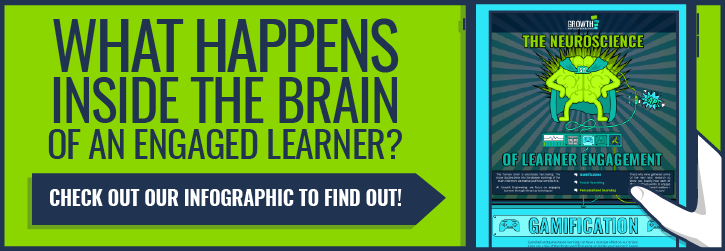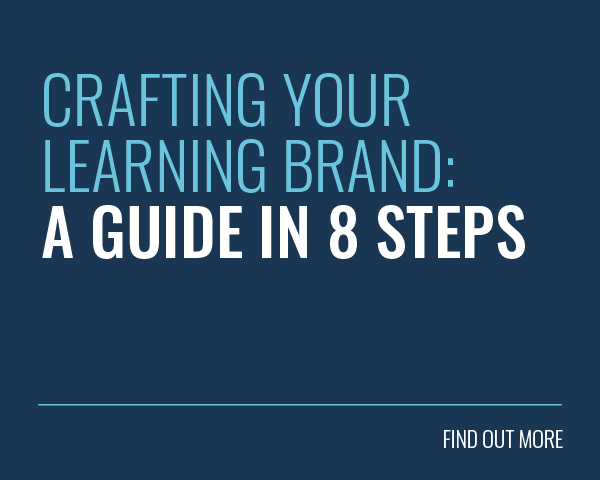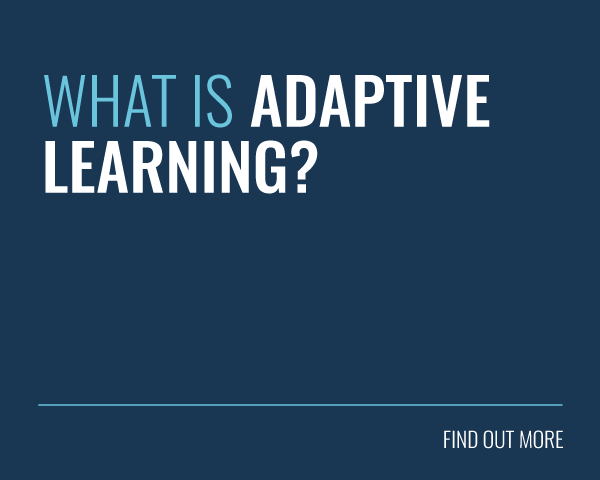Here at Growth Engineering, our overarching goal is to maximise the engagement of learners. To do this, we focus our efforts onto three key areas:
Recently, we’ve been delving deep into grey matter to help explain exactly what’s going on inside the brain of an engaged learner. We’ve already covered the neuroscience of gamification, and even the neuroscience of social learning.
So it only seems right to conclude this trilogy by diving into the neuroscience of personalised learning!
Join us as we take a trip through the brain and show you just how important a personalised training programme can be.
Plastic brain
You’ll be familiar with the concept that every person is different. We all have different personalities, different interests, and different needs.
But did you know? While what goes on in our brains is unique, our brains themselves are each as distinctive as our fingerprints!
This is down to the fact that the physiology of our brains is constantly changing. As Kurt Fischer, education professor and director of the Mind, Brain, and Education Program at Harvard University explains: “The brain is remarkably plastic. Even in middle or old age, it’s still adapting very actively to its environment.”
This concept is known as ‘neuroplasticity’. It’s defined as being the selective organising of connections between neurons in our brains. This means that as we experience and learn, groups of neurons that fire together, creating electrochemical pathways between each other.
So your brain is physically shaped by your experiences! This goes some way towards explaining how we can all be so different from one another, and why we need our learning personalised.
Personalisation and memory
 Personalisation plays a big role in allowing new information to reach the right areas of the brain and be stored effectively.
Personalisation plays a big role in allowing new information to reach the right areas of the brain and be stored effectively.
When it comes to learning and forming long-term memories, one of the most important areas of the brain is the limbic system, which includes the amygdala and the hippocampus. Neural imaging has shown that information has to pass through the amygdala to reach the hippocampus, from where it can be sent to long-term memory storage.
As neurologist Dr Judy Willis explains: “A student must care about new information or consider it important for it to go through the limbic system expeditiously, form new synaptic connections, and be stored as a long-term memory. In other words, memories with personal meaning are most likely to become relational and long-term memories available for later retrieval.”
She also explains how putting information into personal context helps it reach long-term memory banks. In her example, she teaches historical events by getting students to compare them to ethical dilemmas they might face today. As history takes on a personal meaning, it becomes a relational memory and is stored more effectively.
This is exactly how our Discovery Method works. As we ask learners to apply learning to their own experiences, they place it into their own personal context, and are able to recall it more effectively.
Listen our very own Juliette Denny talk about the importance of emotional resonance and the limbic brain below:
Online personalisation
A fascinating study by Neurofocus, a neuromarketing firm, looked into how consumers respond to and engage with different websites. These websites included the social, personalised and informational Facebook newsfeed; the lightly informational and entertainment-oriented Yahoo!; and the heavily informational New York Times.
The study found that “memory scores tend to be higher when stimuli are personally meaningful and provide opportunities for learning”.
For instance, the Facebook newsfeed was found to trigger more memory processing than the other sites “due to the personal significance of the content on the page”. It was also found to elicit higher levels of emotional engagement.
The study ultimately concludes by saying that online activity which is both personal and social is more immersive, more emotionally engaging, and more cognitively stimulating.
If you’re looking for an LMS which is personalised and social (plus gamified!), then look no further than our very own Academy LMS!
We’d love to show you its full range of functionality, so click below to book a free tour:
Sign up for for a demo tour of the world’s #1 LMS!








